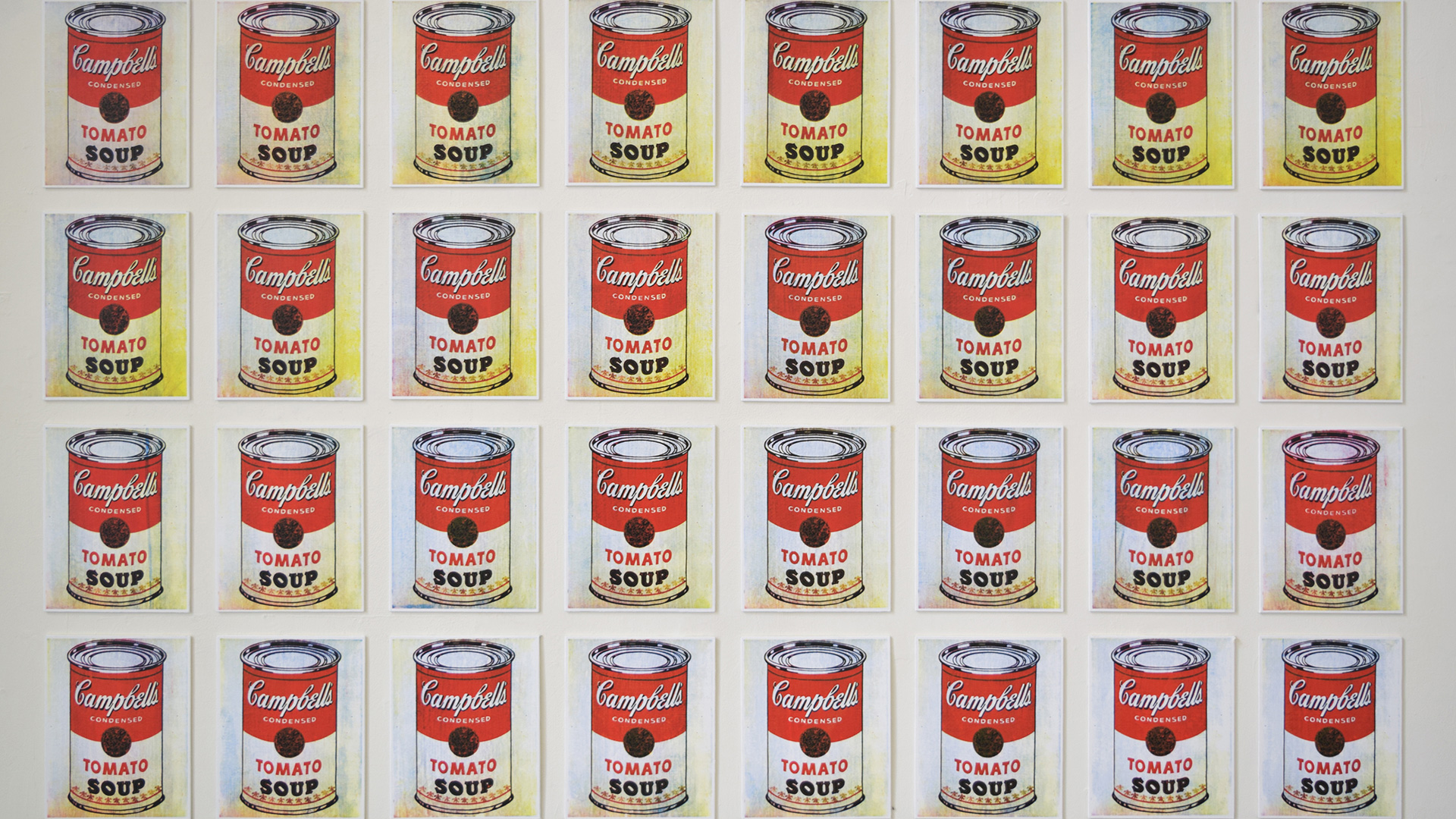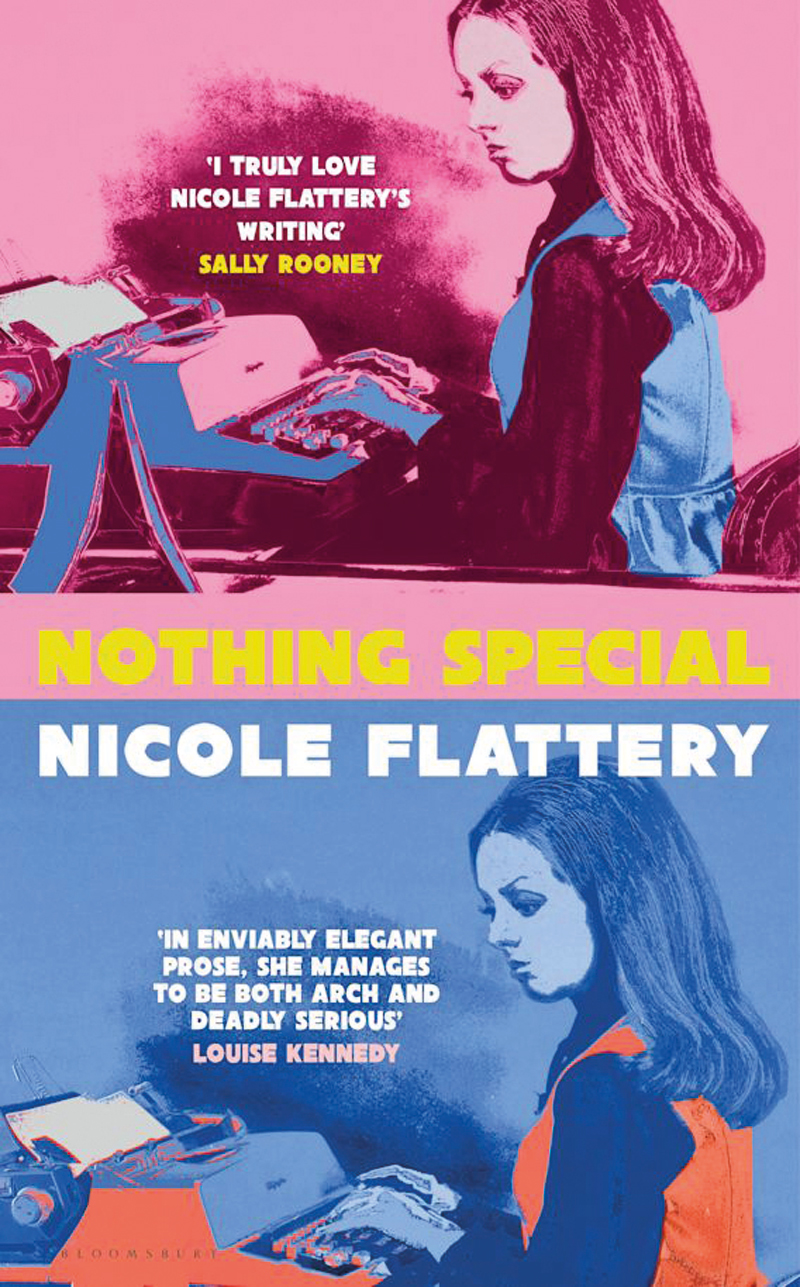The Factory, Andy Warhol’s studio in New York, was a home and inspiration to an eye-popping cadre of artists, musicians, freaks and misfits. It produced some extraordinary, revolutionary output (The Velvet Underground, Warhol’s own challenging pop art) and some that has not proved so memorable (almost everything else). Oh, to have attended a single one of its many libertine evenings.
In Nothing Special, debut Irish novelist Nicole Flattery takes us there, after a fashion. It is 1966 and Mae is a 17-year-old who, escaping a turbulent home life, finds herself working in the famous studio, transcribing tapes of Warhol’s thoughts and interviews with hangers-on and protégés for a novel the great man is planning. She is drawn into the surreal world around her, attending louche parties and screenings of avant-garde, mildly pornographic movies, and becoming increasingly obsessed with the bizarre content unspooling for hours every day on the tapes.
Your support changes lives. Find out how you can help us help more people by signing up for a subscription
A novel like this will always carry a risk. The dayglo stories of Warhol and his “superstars” such as Edie Sedgwick and Billy Name could be enough to overwhelm the unwary writer. Cleverly, Flattery backgrounds the daily events of the Factory and foregrounds Mae’s inner thoughts and emotional journey instead. Mae is often only partially aware of what is going on around her – she sits, headphones on, bashing away at the keys, with her back to the room. Still, she notices enough: “I never saw him come in, but I felt the atmosphere change when he did. I felt it brighten as if suddenly everyone knew exactly where to direct the beam of their attention-seeking.”
If the prose echoes the fashionably flat and affectless approach adopted by Sally Rooney and others, it also adds a curious authenticity: it is the tone – bored, unimpressed – that we associate with Warhol. She encounters him “on the phone, curling the cord around his fingers in the dark… he rested his hand on his cheek to obscure his pimples… he had absolutely nothing to say to me.” Eventually, Mae is fired over a missing tape, drifts away from the scene, and is working in a cinema when she hears that Warhol has been the victim of an attempted assassination. She weeps, which surprises her: “I finally had some feeling for him and all he had to do was get shot.”
If, like me, you find endless fascination in Warhol and in the odd, compelling and occasionally brilliant cast to which he played guru, you’ll want to read Nothing Special. But even if you don’t, it doesn’t live down to its title.










